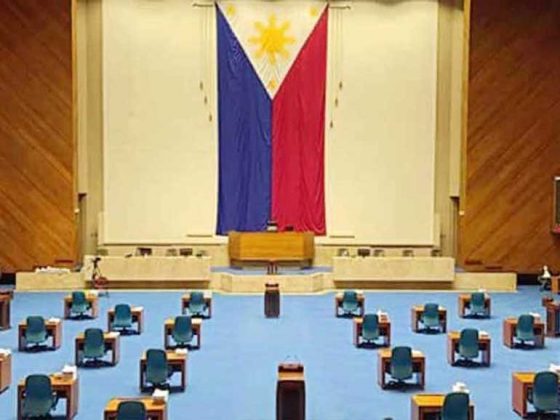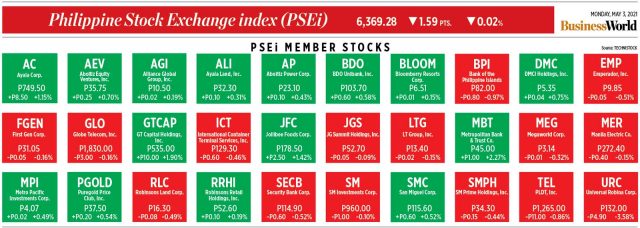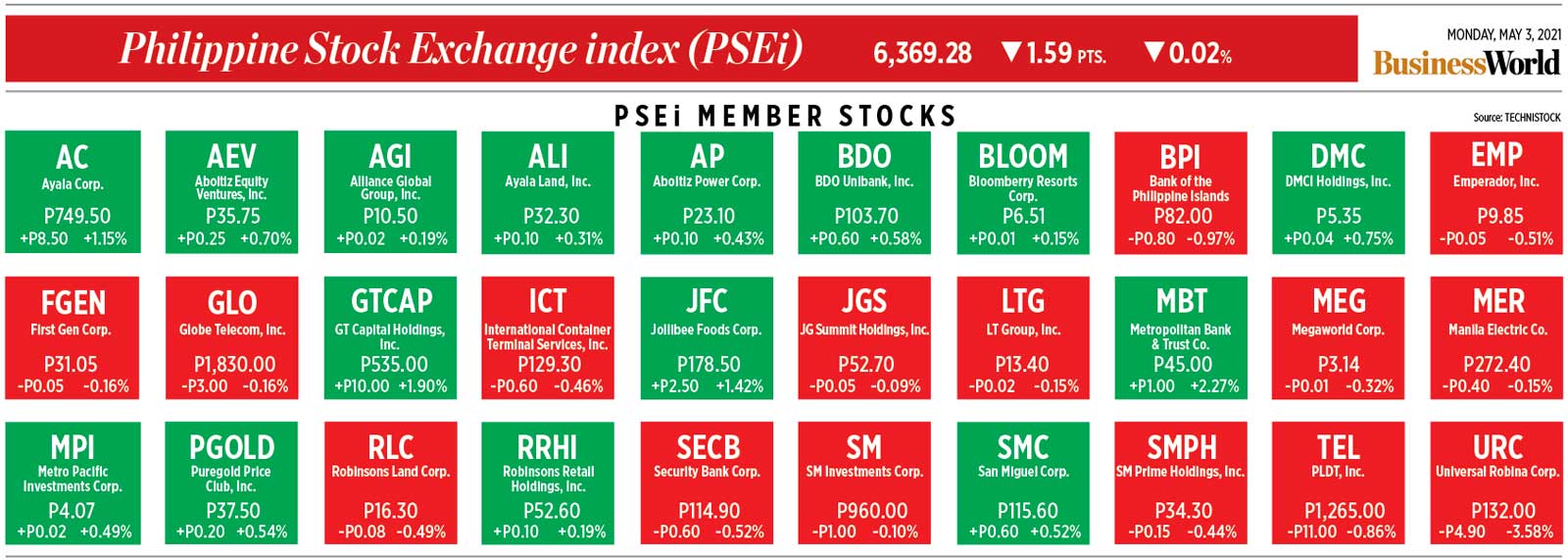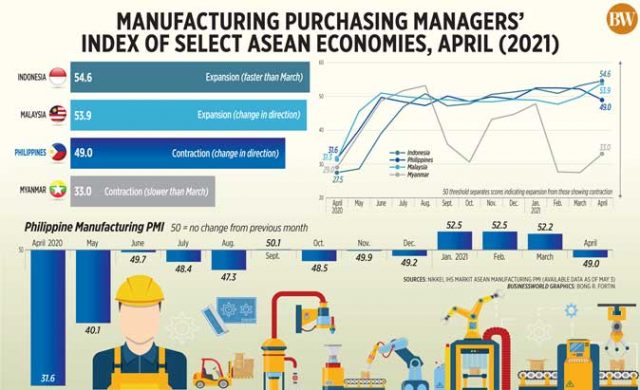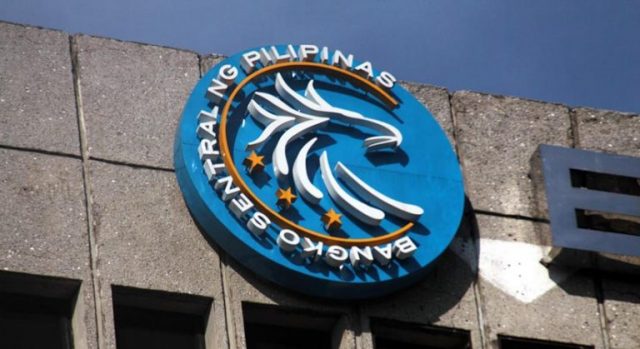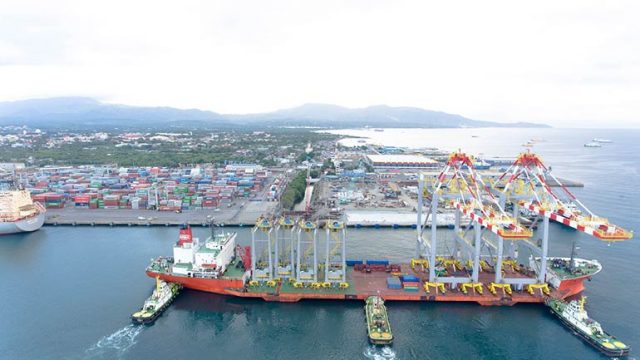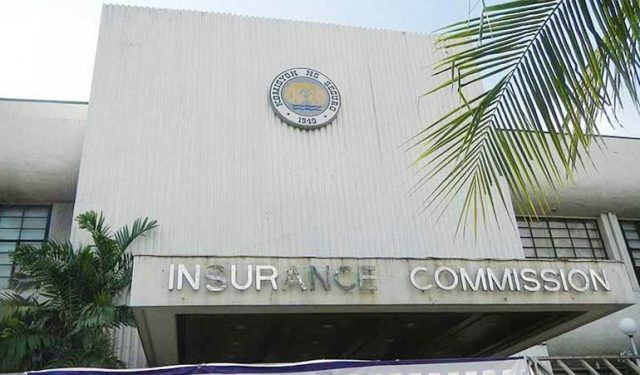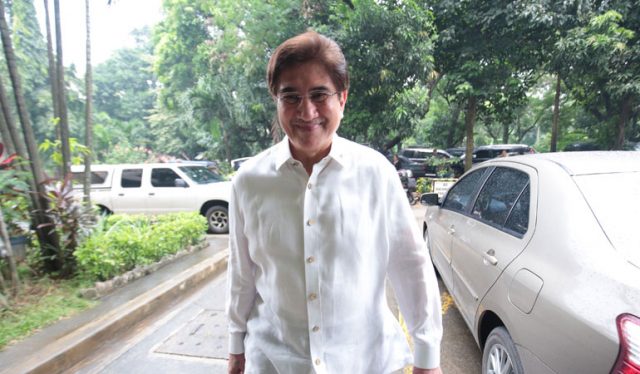Shareholders approve Phoenix Petroleum’s planned asset sale
PHOENIX Petroleum Philippines, Inc. said on Monday that its stockholders had greenlit the listed oil firm’s unloading of certain corporate assets for its debt management and funding activities.
During the firm’s annual stockholders’ meeting on April 30, shareholders had given the authority to company management to enter into negotiations with third parties and entities under beneficial terms.
The possible transactions include the “transfer, sale, mortgage and disposal of certain corporate properties, assets or investments.”
The shareholder approval comes more than a month after Phoenix Petroleum said that along with subsidiaries, it was “open to consider any investor [who is] willing to invest and believes in the operations of the company, and can further add value to its business activities.”
Alan Raymond T. Zorrilla, Phoenix Petroleum’s senior vice-president for external affairs, business development and security, previously said that the firm was exploring how it could maximize the value of its non-core assets outside the marketing business.
“We are also looking at potential partnerships that could support and accelerate growth of our various businesses,” he said.
On Friday, Henry Albert R. Fadullon, Phoenix Petroleum president and chief operating officer, said that the firm’s financial performance for April may be “very close to pre-COVID [levels], if not pre-COVID levels, already.”
In the next five years, the company plans to focus on its retail and liquified petroleum gas businesses to drive growth.
Phoenix Petroleum’s net income attributable to the parent firm dropped 93% to P102 million in 2020 as economic activity was hampered by the global health emergency.
On Monday, its shares at the local bourse shed 0.65% or 8 centavos to close at P12.24 apiece. — Angelica Y. Yang


